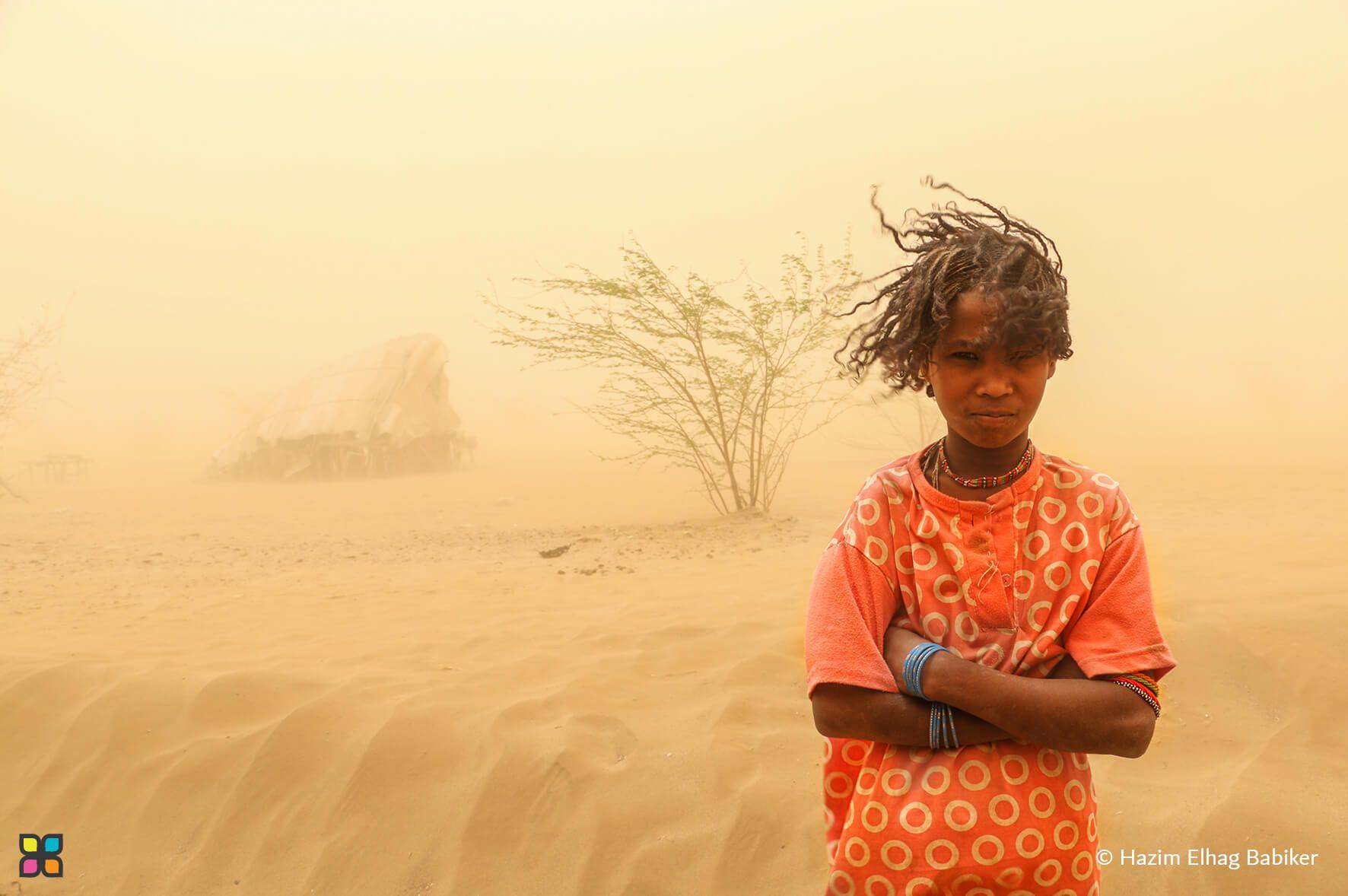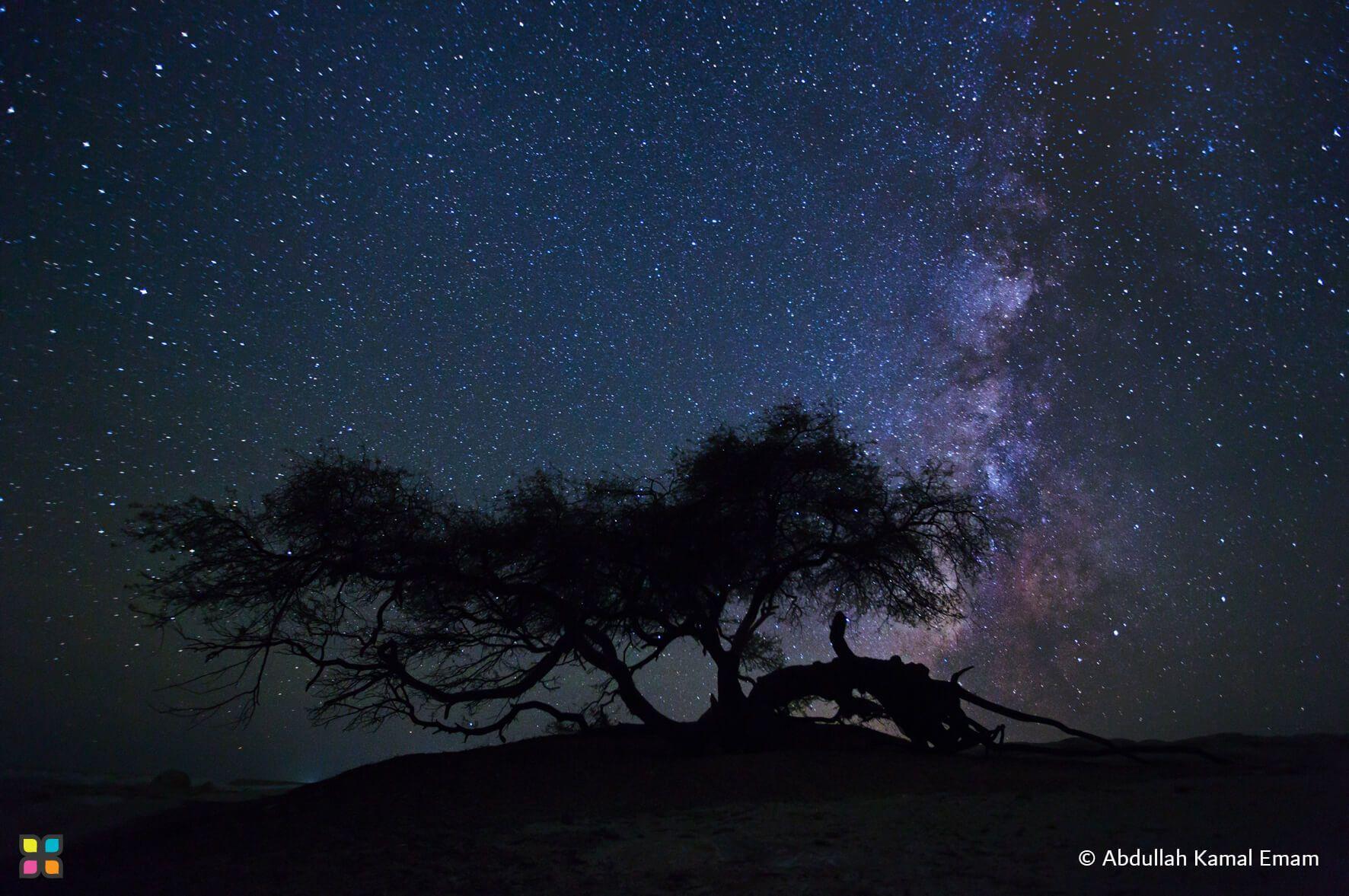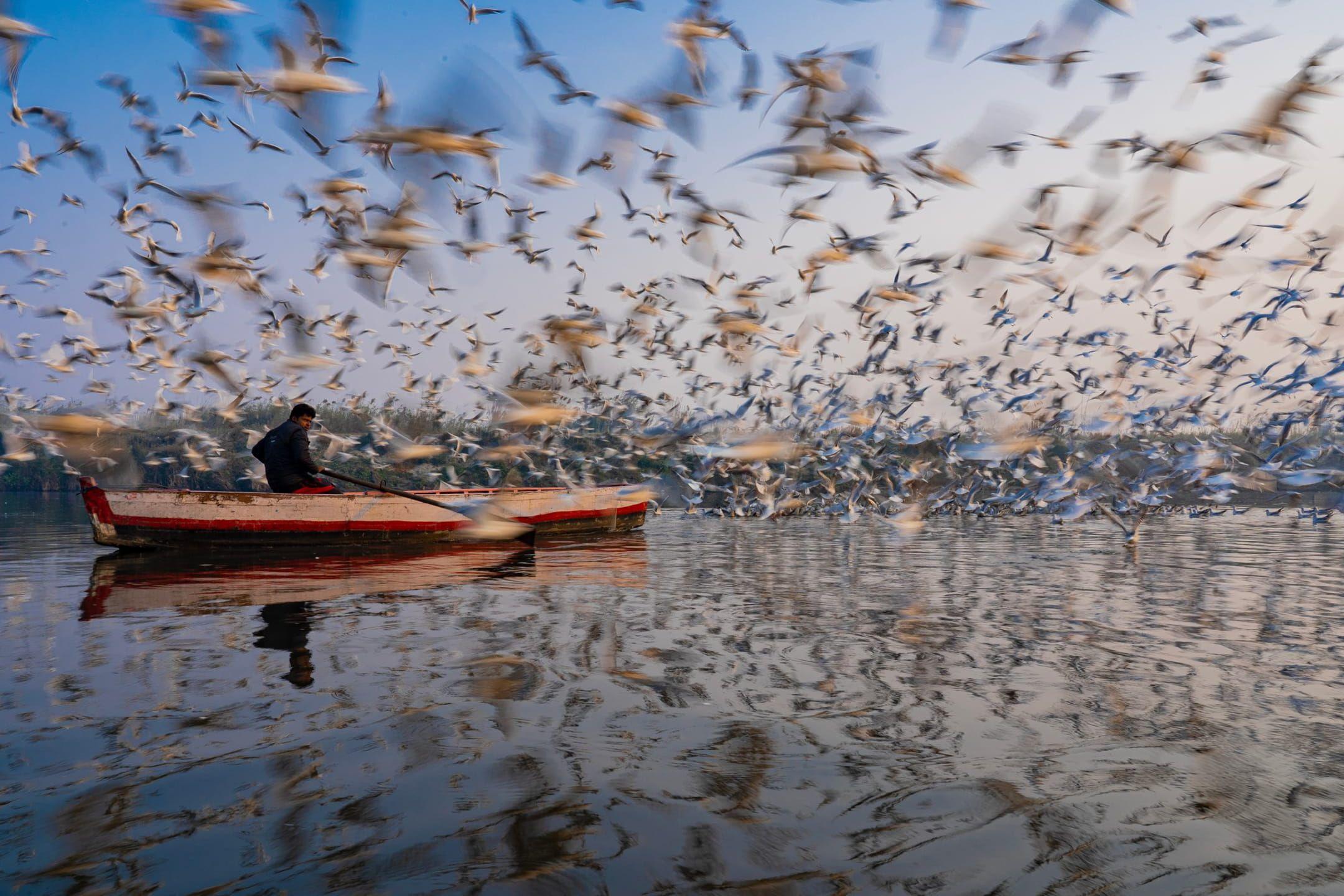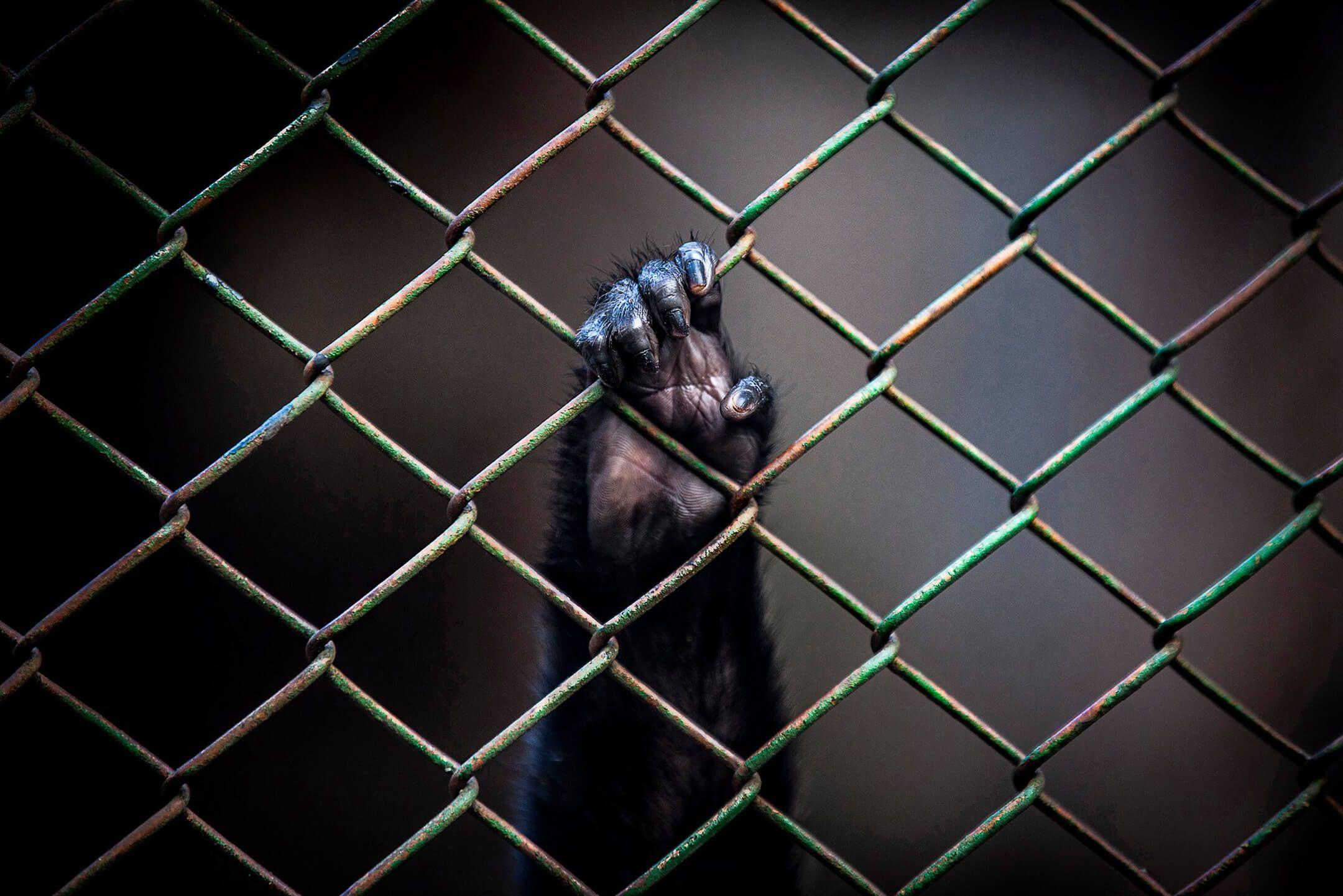Indonesia is an archipelagic nation made up of 17,000 islands. Many of the nation and its coastal communities depend on the fisheries, and preserved fish is a favourite among Indonesians.
However, fishing practices and seafood consumption haven’t been the same since climate change and ocean pollution began accelerating.
Increased sea temperatures and weather anomalies have been disrupting the fishing industry. The decline of fish due to changed sea conditions drives fishermen out further into the sea, forcing them to use more fossil fuel for their boats and risking their lives.
The irresponsible usage of the ocean also puts these communities in grave danger by polluting the fish. Pesticide residue, microplastics and heavy metals have now been found in fish, raising the risk of various diseases such as cancer, kidney disease, leukemia and many more.
Traditionally prepared foods carry Indigenous peoples’ wisdom. From them, we learn how to minimise the damage to the ocean and benefit the inhabitants with the rich nutrients of their environment.
Vulnerable communities around the globe cannot halt their ways of life to evade the results of climate change. We must protect these Indigenous communities to continue their traditions and wisdom.
This award-winning photograph is from the fourth season, “Life in Color”, of the Hamdan bin Mohamed bin Rashid al Maktoum International Photography Award (HIPA) Archive. The Climate Tribe has partnered with HIPA, leveraging the power of photography to inspire global awareness of sustainability and advance climate action.
Most Popular
The Climate Tribe delivers stories about Biodiversity and Conservation, Circular Economy, Food and Water , and how they intersect with climate.
Subscribe
Get the latest stories inspiring climate action around the globe straight to your inbox.







